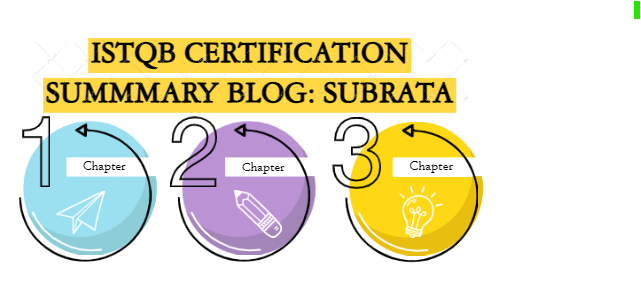
ISTQB CTFL(v4) Chapter6
6.1 Tool Support for Testing
- Tools support and facilitate test activities including:
- Management tools: Increase efficiency in managing SDLC, requirements, tests, defects, configurations
- Static testing tools: Support reviews and static analysis
- Test design/implementation tools: Generate test cases, test data, test procedures
- Test execution/coverage tools: Facilitate automated execution and coverage measurement
- Non-functional testing tools: Enable difficult/impossible manual tests (e.g., performance)
- DevOps tools: Support delivery pipeline, workflow tracking, automated builds, CI/CD
- Collaboration tools: Facilitate communication
- Scalability/deployment tools: Virtual machines, containerization
- Other tools: Any tool assisting testing (e.g., spreadsheets)
6.2 Benefits and Risks of Test Automation
Benefits
- Time savings by reducing repetitive manual work:
- Regression test execution
- Test data re-entry
- Result comparisons
- Coding standard checks
- Prevention of human errors through consistency
- Objective assessment of complex metrics (e.g., coverage)
- Improved test reporting (statistics, graphs, aggregated data)
- Faster feedback and earlier defect detection
- More time for designing deeper tests
Risks
- Unrealistic expectations about tool capabilities
- Underestimating time/cost for:
- Tool introduction
- Script maintenance
- Process changes
- Automating when manual testing is more appropriate
- Over-reliance ignoring human critical thinking
- Vendor dependency risks:
- Business closure
- Tool retirement
- Poor support
- Open-source abandonment/compatibility issues
- Tool-platform incompatibility
- Non-compliance with regulatory/safety standards
Likes (
0 )
comments (
0 )
2025-07-30 13:02:54